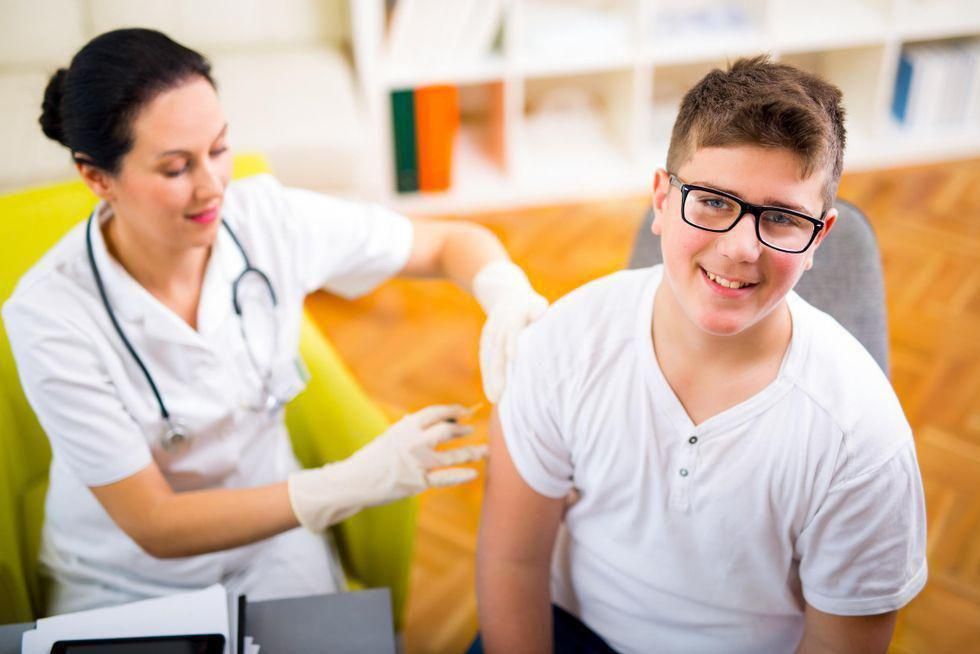
Novavax, a Maryland biotechnology company that has struggled mightily with delays in developing its coronavirus vaccine, announced Monday that its two-shot regimen was over 90% effective overall in a trial that unfolded even as more contagious variants emerged. Among 30,000 volunteers — all of them from either the United States or Mexico — vaccinated people… read on > read on >






























